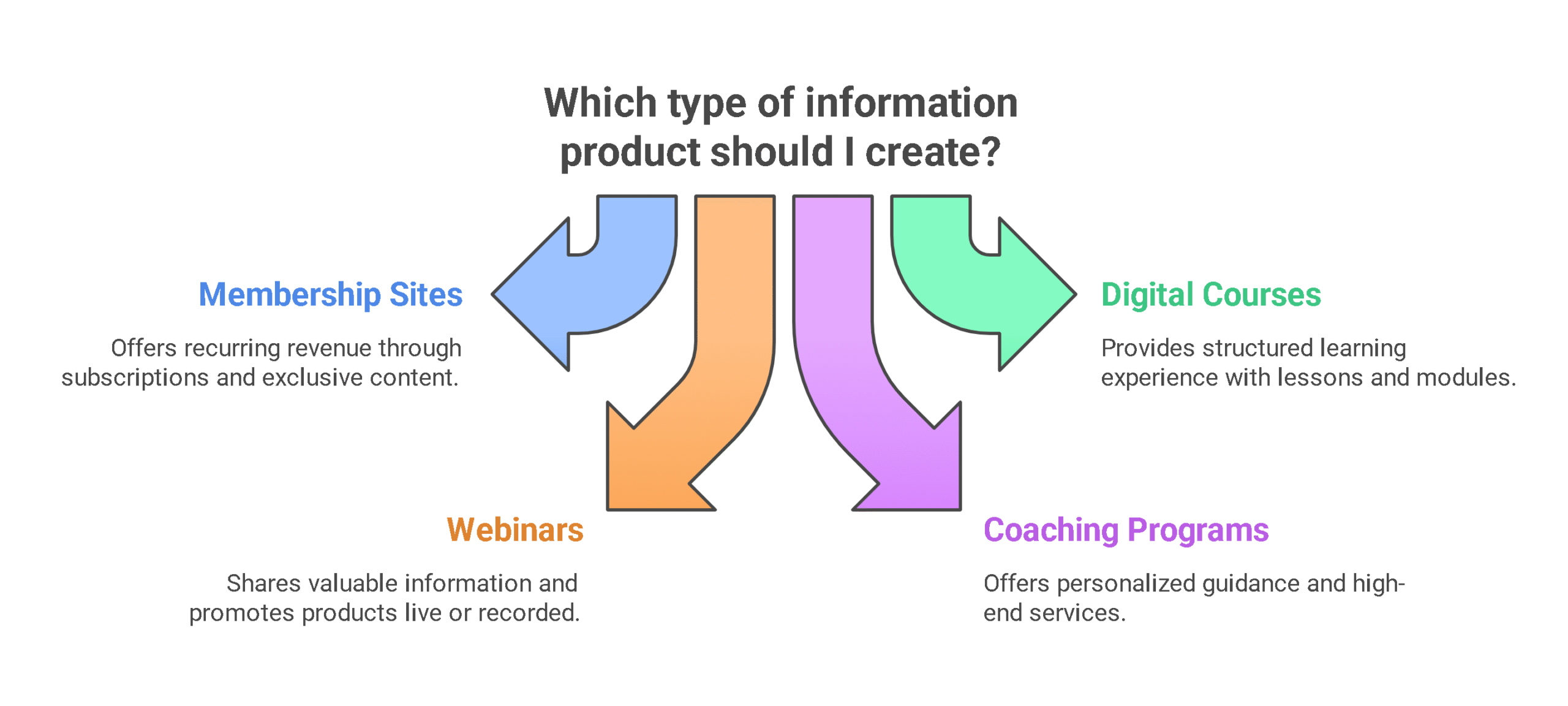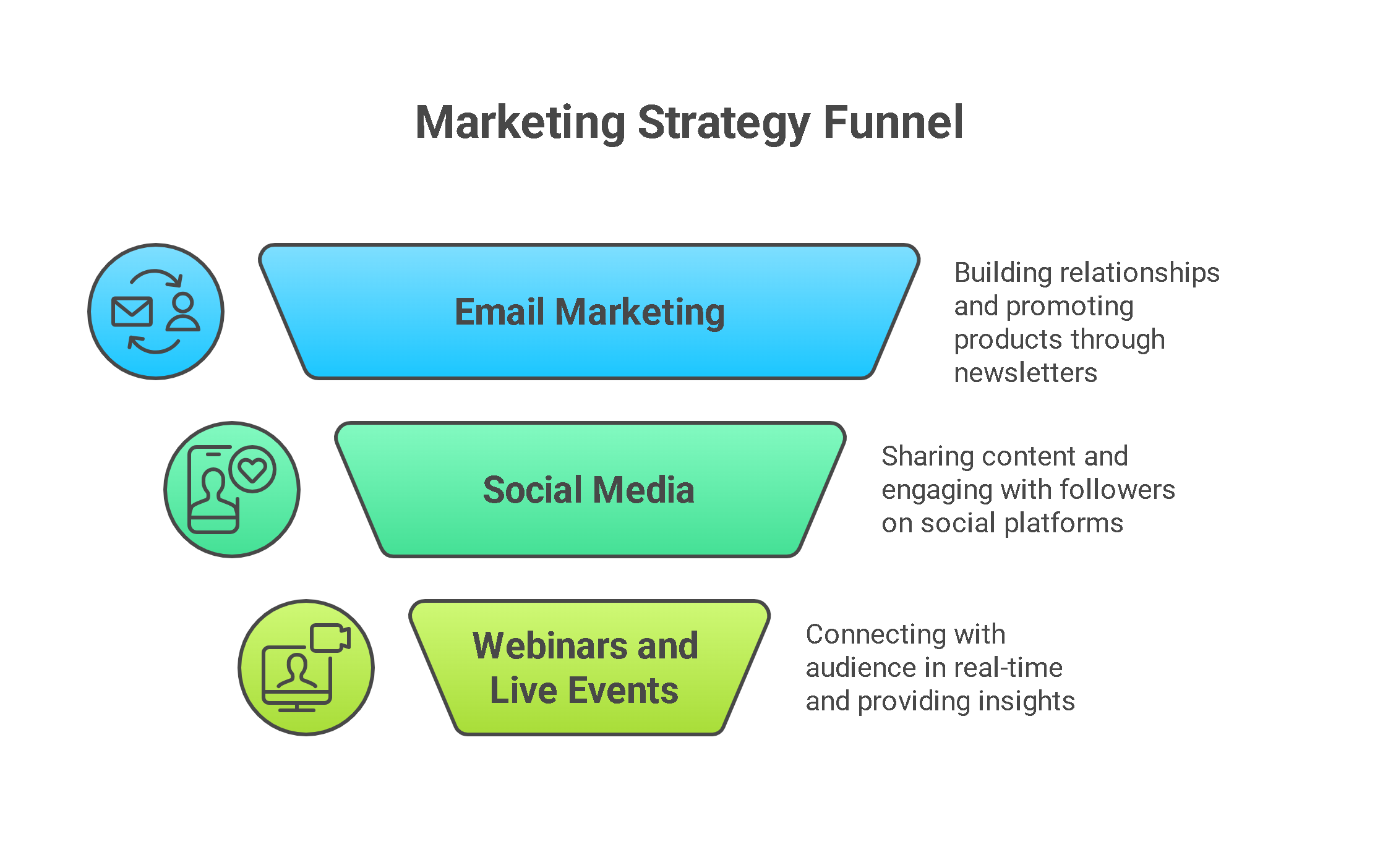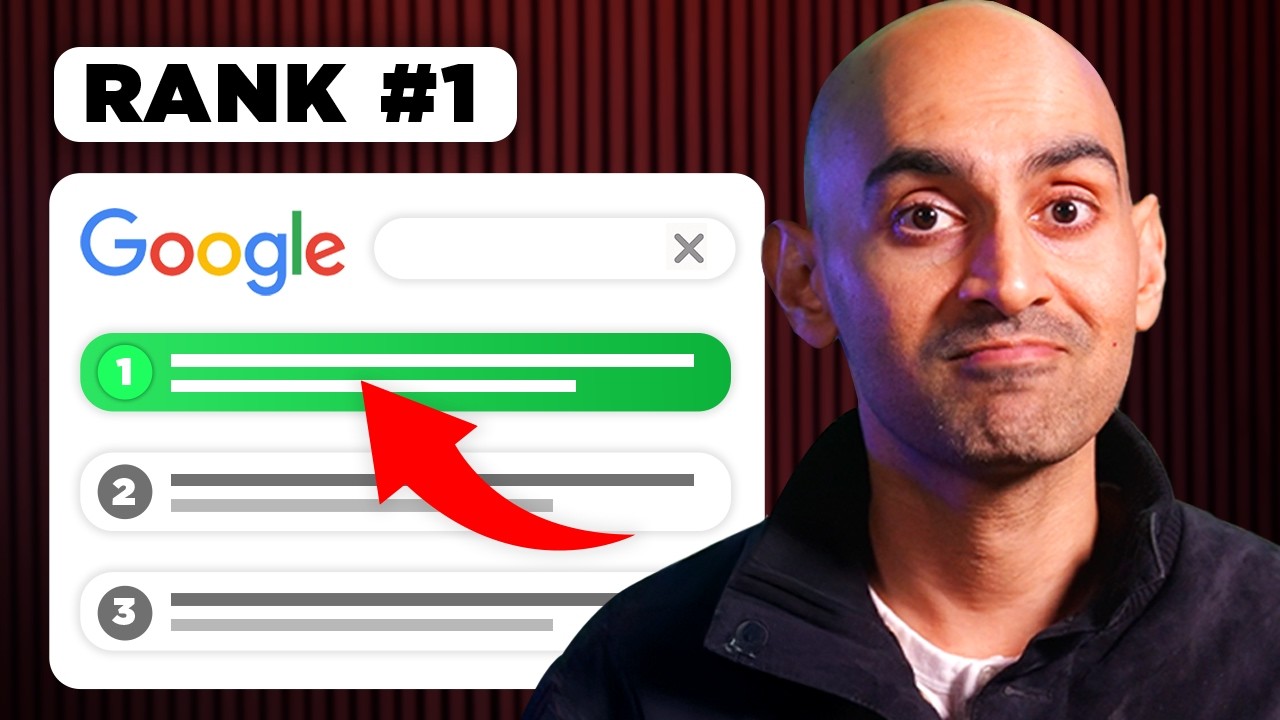Contents
Have you ever thought about creating an information product but weren’t sure where to start? If you have valuable knowledge, expertise, or a unique idea, launching an online information business could be a great opportunity for you. In this blog post, I’ll walk you through the strategies that helped my wife sell 21,000 copies of her book, “Recipe Hacker,” in just four days. Let’s dive into Bedros Keuilian’s methods that can help you successfully launch your own online information business.
Understanding the Power of Affiliates
One of the most effective ways to market your information products is through affiliates. Affiliates are individuals or companies that already have an established audience and are willing to promote your product in exchange for a commission. Imagine having access to someone else’s audience, which could range from a few thousand to hundreds of thousands of potential customers.
For “Recipe Hacker,” we reached out to affiliates who had existing info products, such as nutrition programs or workout videos, and offered them a compelling deal: a 75% commission on each sale. This percentage is significant enough to incentivize affiliates to promote your product actively. In our case, we sold the book for free, only charging $5.95 for shipping and handling. This low barrier to entry made it easy for customers to say yes.
The Mechanics of a Successful Launch
Once affiliates were onboard, we set up a shopping cart system that would maximize sales. After customers paid for shipping, they were immediately presented with upsell offers. These offers were digital products that complemented the book, such as additional recipes or meal plans.
The upsells were structured as “one-click upsells,” meaning customers could easily add these products to their order without having to re-enter their payment information. This strategy significantly increased the average order value, allowing us to pay affiliates more and incentivizing them further.
Types of Information Products You Can Create
When it comes to information products, you have various options beyond just writing a book. Here are some popular formats:
- Membership Sites: These are subscription-based services where members pay a monthly fee for access to exclusive content, such as new workouts or recipes.
- Digital Courses: Create a structured course that guides users through a specific topic, complete with lessons and modules.
- Webinars: Host live or recorded webinars where you share valuable information and offer products at the end.
- Coaching Programs: Offer high-end coaching services to clients who are looking for personalized guidance in your area of expertise.

The Importance of Front-End Products
If you decide to create a membership site or a coaching program, it’s crucial to have a front-end product. This product serves as an initial offer to get customers familiar with your brand. A low-cost ebook or a simple digital product can help build trust and establish a relationship with your audience.
For instance, consider selling a $9 ebook that provides valuable recipes or workouts. Once customers have purchased this initial product, you can nurture them through email marketing and introduce them to your membership site or higher-priced coaching programs later on.
Micro Continuity and Evergreen Products
Micro continuity is an innovative way to sell information products that involve ongoing content delivery. For example, you could create a six-week program where users pay a small weekly fee. Each week, they receive access to new content, and the program continues to generate revenue over time.
This model is particularly effective because it allows you to build a loyal customer base while providing continuous value. Platforms like WishList can help you manage these types of programs seamlessly.
Building Authority in Your Niche
Establishing yourself as an authority in your niche is essential for attracting customers, especially for high-ticket items. Utilize social media platforms to showcase your expertise through valuable content, such as tips, tutorials, and success stories.
Once you’ve built authority, you can introduce high-end coaching programs that require an application process. This not only filters out unqualified leads but also positions you as a sought-after expert in your field.
Marketing Your Information Products
To successfully sell your information products, you need a solid marketing strategy. Here are some effective methods:
- Email Marketing: Build an email list and send regular newsletters with valuable content. Use this channel to promote your products and upsell existing customers.
- Social Media: Utilize platforms like Instagram, Facebook, and YouTube to share content that resonates with your target audience. Engage with your followers and promote your products through these channels.
- Webinars and Live Events: Hosting webinars can help you connect with your audience in real-time and provide them with valuable insights while promoting your products.

Creating Compelling Sales Copy
Your sales copy plays a crucial role in converting prospects into customers. Focus on addressing the pain points of your target audience and offering a clear solution through your product. Use persuasive language and highlight the benefits of your product to encourage potential customers to take action.
Conclusion: Taking Action
Starting an online information business can be incredibly rewarding if you have a clear strategy and take consistent action. Remember, the key is to build relationships, establish authority, and provide value to your audience. Whether you choose to sell ebooks, create membership sites, or offer coaching programs, the possibilities are endless.
Don’t wait for the perfect moment to start. Take action now, and begin your journey toward building a successful online information business today!








